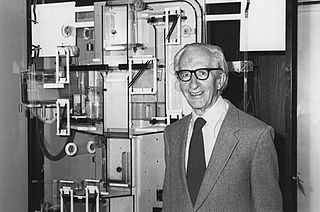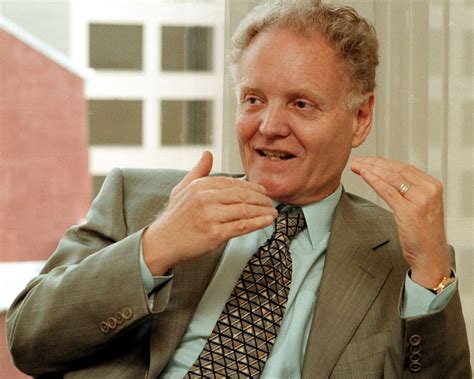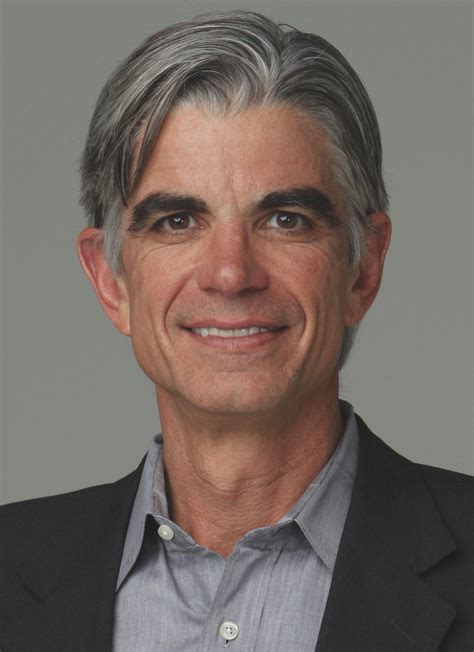Top 1200 Behavioral Economics Quotes & Sayings
Explore popular Behavioral Economics quotes.
Last updated on April 14, 2025.
Drugs are about dulling perception, about addiction and about behavioral repetition...What *psychedelics* are about is pattern- dissolving experiences of an extraordinarily high or different awareness. They are the exact opposite of drugs. They promote questioning , they promote consciousness, they promote value examinations, they promote the reconstruction of behavioral patterns.
I think historically modern economics, capitalist economics, tends to erode moral categories... And this is where I think the right gets capitalism wrong. They kind of assume that there is a moral equivalence or moral valence to capitalism, but I tend to think that economics erodes all the kind of cultural taboos and inhibitions and values it comes into contact with.
In the world of traditional economics, it shouldn't matter whether you use an opt-in or opt-out system. So long as the costs of registering as a donor or a nondonor are low, the results should be similar. But many findings of behavioral economics show that tiny disparities in such rules can make a big difference.
When people are running up more and more debt for housing, they call that "real wealth." It exposes what's wrong in the mainstream economics and why most of the economics that justifies austerity programs and economic shrinkage is in the textbooks is not scientific. Junk economics denies the role of debt and denies the fact that the economic system we have now is dysfunctional.
There is behavioral ecology, which looks closely at the difference different ecologies make to behavior and other features of animals and humans. There's evolutionary individual psychology, there's evolutionary social psychology. In Darwin's terms, evolution couldn't exist without variation, and variation is important in behavioral genetics. And so on, and so on. There are so many instances in which evolution actually sharpens the precision, I think, with which one can find out the importance of differences. We're interested in differences as well as commonalities.
How should the best parts of psychology and economics interrelate in an enlightened economist's mind?... I think that these behavioral economics...or economists are probably the ones that are bending them in the correct direction. I don't think it's going to be that hard to bend economics a little to accommodate what's right in psychology.
I am practical by nature, and I'd heard that being a writer or an artist is a good way to starve! So I was an economics major at Oklahoma State, and then received an M.S. from Cornell in Agricultural Resource and Managerial Economics. I knew if I wanted to write I would do it on my own, but I knew I wouldn't make myself study economics on my own.
Anyway that's a large part of what economics is - people arbitrarily, or as a matter of taste, assigning numerical values to non-numerical things. And then pretending that they haven't just made the numbers up, which they have. Economics is like astrology in that sense, except that economics serves to justify the current power structure, and so it has a lot of fervent believers among the powerful
My mother and my father taught me to look at the actual problem, not the face of it, not the veneer of it. So for me, I was never - I was impressed that it - racially, I was impressed, right, but now in America it's about economics, and it's been about economics, and honestly, everything's been about economics since I don't want to say the beginning of time, but it's been about economics for a long while.
I started in the law; and the study of law, when it precedes the study of economics, gives you a set of foundation principles about how human beings interact. Economics is very useful, and I studied economics in graduate school. But without understanding the social and organizational context of economics, it becomes a theory without any groundwork.












































